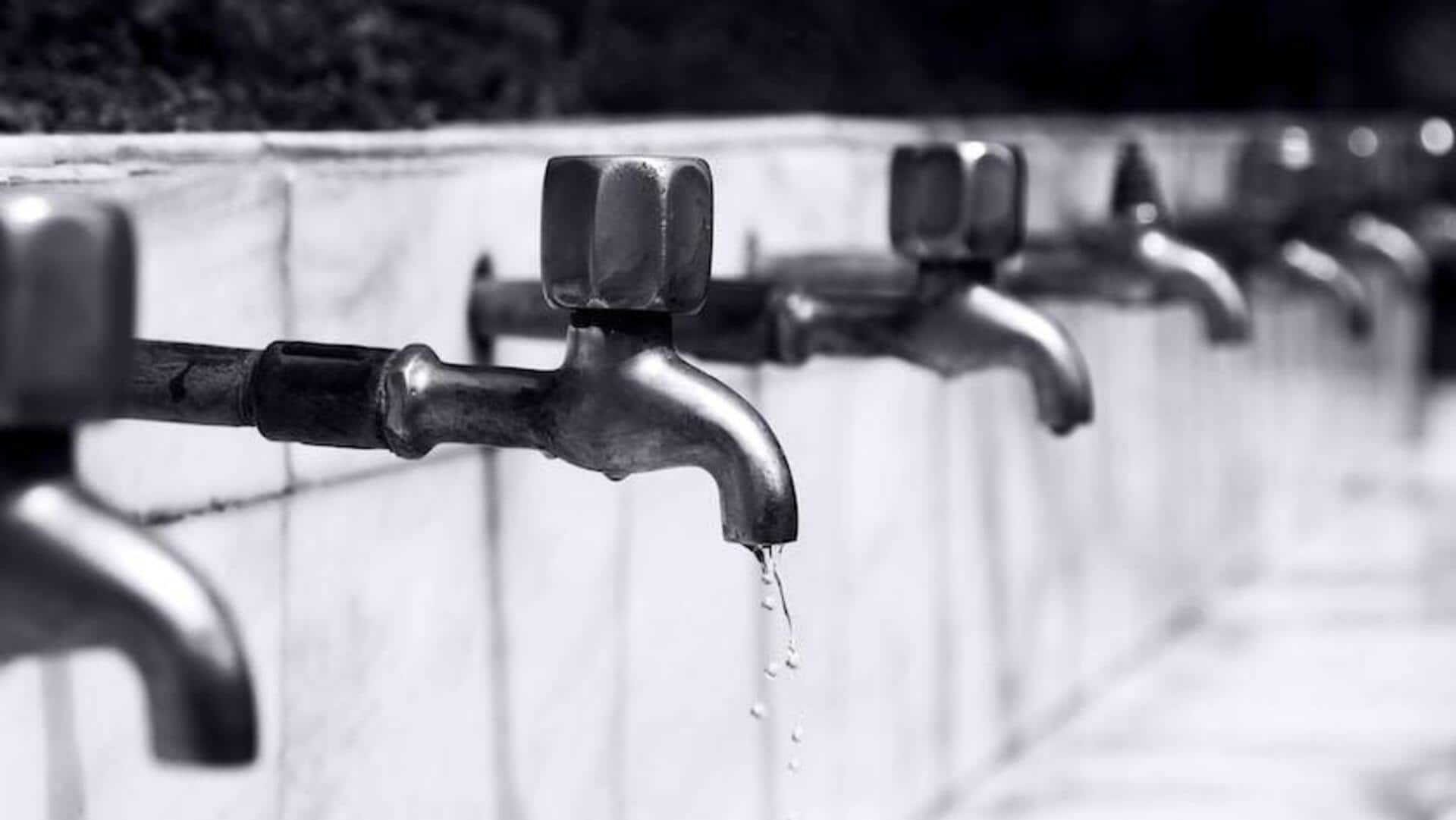
Rising salinity in American groundwater risk to infrastructure, health
What's the story
US Geological Survey (USGS) scientists have identified an alarming increase in sodium and chloride ions in wells throughout the country, suggesting that America's groundwater is becoming increasingly salty. This development could have serious consequences for infrastructure, ecosystems, and human health, prompting the need for enhanced monitoring and management efforts. The research was presented at the recent Geological Society of America's GSA Connects 2023 meeting, and the findings are available on the USGS's online interactive groundwater map.
Details
Salinity increase revealed in decades-long study
The USGS researchers examined 82 distinct well networks, each consisting of 20 to 30 wells, with samples collected at 10-year intervals since 1988. The investigation included shallow- to medium-depth wells in residential, urban, and agricultural settings. USGS hydrologist Bruce Lindsey said, "Dissolved solids, chloride, and sodium had statistically significant increases more frequently than any other constituents."
Scenario
Impact on infrastructure and ecosystems
Higher salinity levels in groundwater can result in more corrosive water, which can damage structures and infrastructure such as pipes and plumbing systems. Moreover, many streams rely on groundwater, and increased chloride ion concentrations can produce toxic conditions for aquatic life, leading to issues with reproduction and biodiversity. The USGS scientists also cited a 2021 study that connected elevated radium levels in a southern New Jersey aquifer to the growing use of road salts.
Insights
Calls for more responsible use of road salts
The USGS also advocated for a more conscientious approach to road salt usage, which has been recognized as detrimental to the environment. The study revealed salinity levels rose significantly in colder regions where road salt is extensively used. However, arid areas also experienced spikes in salinity levels, potentially due to increased evaporation from irrigation. Lindsey pointed out, "The fact that there may be streams that are not able to sustain aquatic life, or that your pipes might start corroding."